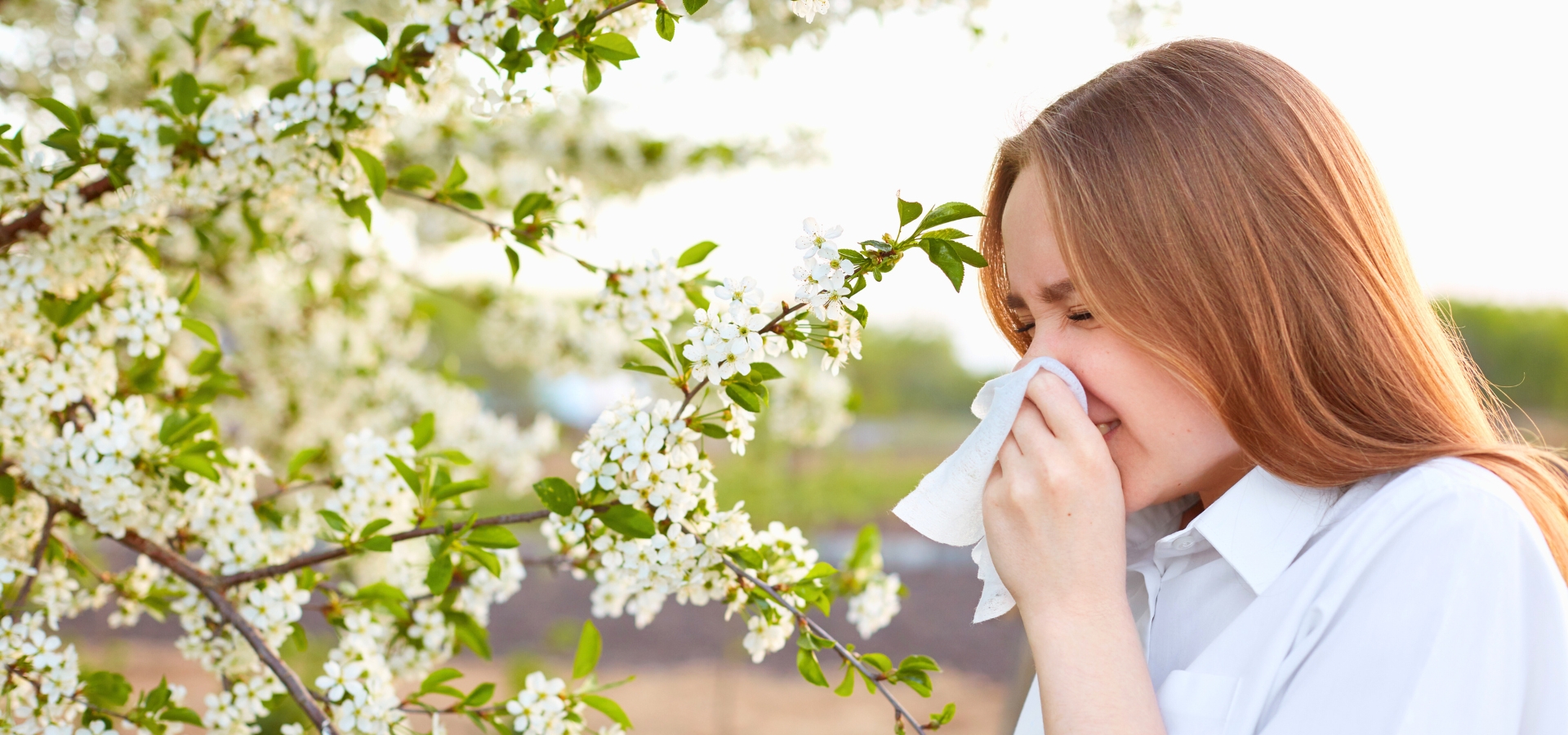
Pollen Allergy in Philadelphia
Effective Pollen Allergy Treatment Options in Philadelphia
Each year, countless residents suffer from pollen allergies in Philadelphia. Rising pollen counts can trigger sneezing, congestion, itchy eyes, and even asthma symptoms. However, there are many ways to manage the symptoms and reduce the impact of pollen allergies in the city. At Penn Medicine Becker ENT & Allergy, we offer expert diagnostics and personalized treatments to help you breathe easier.
What are Pollen Allergies?
Pollen allergies are immune system reactions to pollen from trees, grasses, or weeds, triggering histamine release. In Philadelphia, high pollen levels in spring and fall often cause symptoms like sneezing, congestion, and itchy eyes.
Weather Today in Philadelphia, PA, United States
Tuesday, February 3
24 °F
Mostly cloudy
Real Feel* 28°F
Real Feel Shade* 28°F
Air Quality
72 Moderate
Max UV Index
0 Low
Wind
W 1.8 km/h
Wind Gusts
2 km/h
Probability of Precipitation
0%
Probability of Thunderstorm
0%
Cloud Cover
87%
Tree Pollen
Low
Ragweed Pollen
Low
Grass Pollen
Low
How Does Pollen Affect the Body?
When pollen is inhaled, the immune system may identify it as harmful, releasing antibodies to attack it. This leads to inflammation in nasal passages, eyes, and throat. For some, symptoms can worsen and impact breathing, especially in those with asthma.
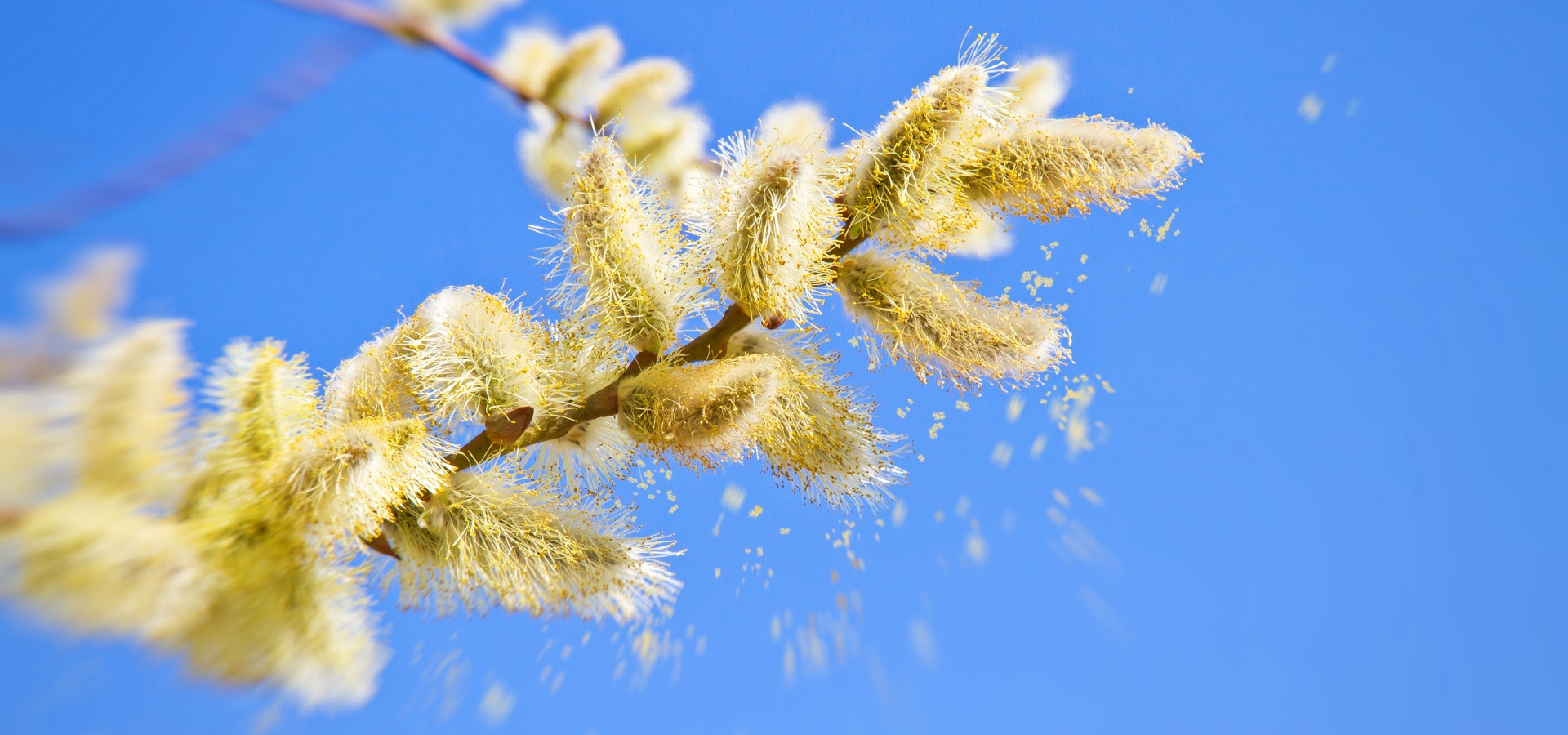
Why Do Some People Get Pollen Allergies?
Genetics play a significant role in determining your likelihood of developing allergies. If one or both parents have allergies, you’re more likely to develop them as well. Environmental factors, such as prolonged exposure to allergens, can also increase your susceptibility.
The Role of Genetics and Environment
Genetics play a significant role in determining your likelihood of developing allergies. If one or both parents have allergies, you’re more likely to develop them as well. Environmental factors, such as prolonged exposure to allergens, can also increase your susceptibility.
Philadelphia’s Climate and Pollen Levels
Philadelphia’s climate—with its distinct seasons—creates an environment where pollen levels fluctuate significantly throughout the year. Spring and summer bring tree and grass pollen, while fall is dominated by ragweed and other weeds. Additionally, weather conditions such as warm temperatures and high humidity can exacerbate pollen levels and make symptoms worse
Which Type of Pollen Is Triggering Your Symptoms?
Understanding the type of pollen causing your symptoms can help tailor your treatment and preventive measures. Common allergens include:

Tree Pollen Allergy
Tree pollen peaks in spring. Species like Oak, maple, and birch are major triggers for allergy sufferers, with symptoms peaking in April and May.
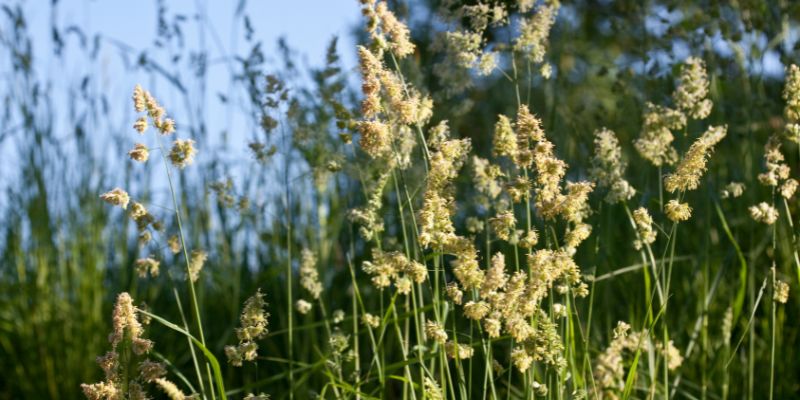
Grass Pollen Allergy
Grass pollen typically emerges in late spring and early summer. Species like Kentucky bluegrass and Timothy grass are common in Pennsylvania.
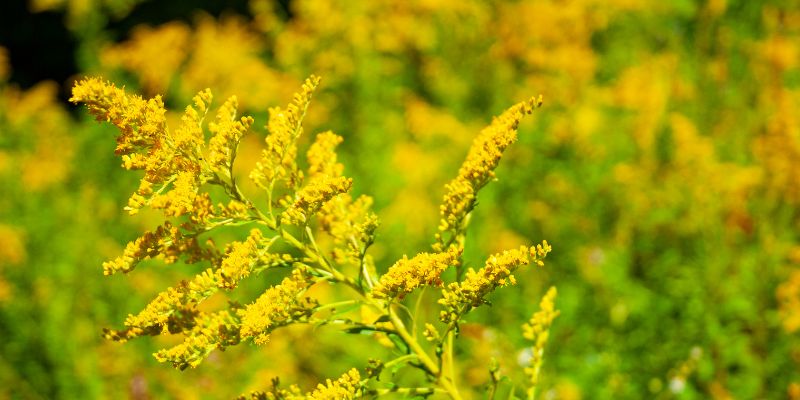
Weed Pollen Allergy
Ragweed and other weed pollens peak in late summer and fall. Philadelphia’s ragweed counts are highest in September, posing challenges.

Common Pollen Allergy Symptoms
Pollen allergies can cause:
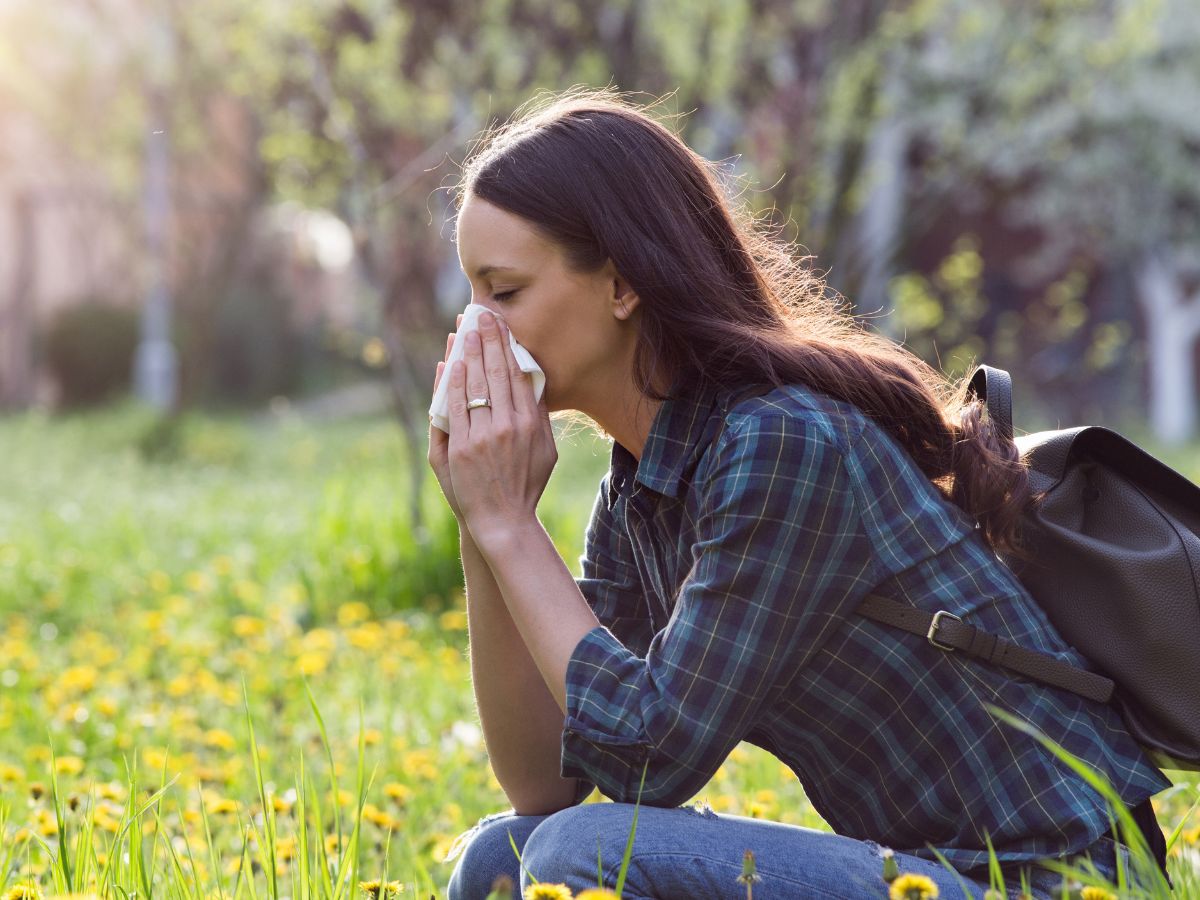
Pollen allergy symptoms can vary from mild irritation to severe reactions that may need medical attention. Contact Penn Medicine Becker ENT & Allergy for expert care.
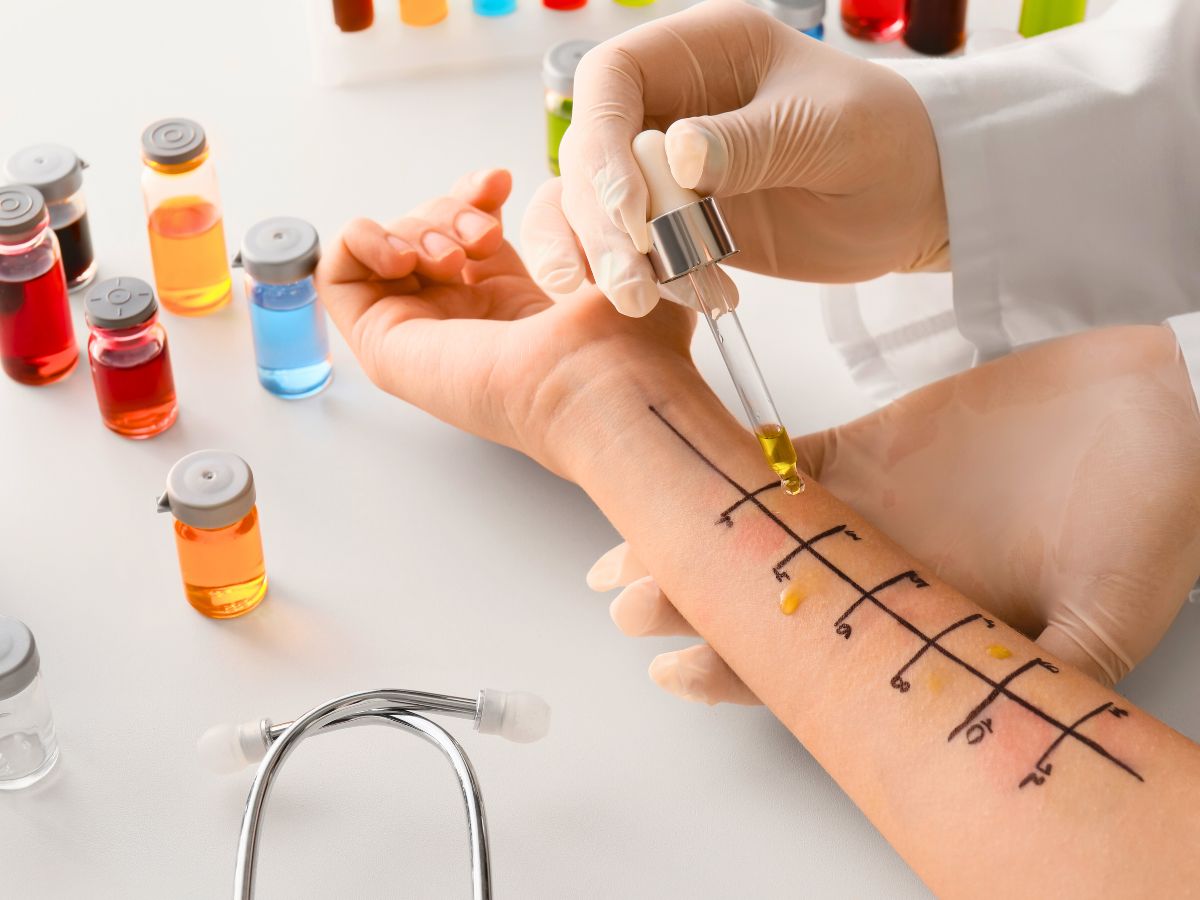
Not Sure It’s Pollen? Here’s How to Diagnose
Accurate diagnosis ensures effective treatment. At Penn Medicine Becker ENT & Allergy, we use advanced methods:
Skin Testing
A small amount of allergen is applied to the skin to check for a reaction. This method is quick and accurate.
Blood Testing
Blood tests measure antibodies to allergens and are ideal if skin testing isn’t possible.
Relief Options for Pollen Allergies
Over-the-Counter Antihistamines
These block histamine, easing sneezing, itching, and other allergy-related symptoms.
Nasal Corticosteroids
Sprays reduce nasal inflammation and irritation.
Decongestants
Available in pills or sprays, they offer short-term relief but aren’t for prolonged use.
Eye Drops
These relieve itching and redness caused by pollen.
Immunotherapy (Allergy Shots)
Immunotherapy offers long-term relief by desensitizing the immune system to allergens, making it effective for severe allergies.

Prevention Strategies to Reduce Pollen Allergies
Lifestyle Adjustments
- Monitor the Day Allergy Forecast: Check daily pollen counts and air quality indexes to plan outdoor activities.
- Stay Indoors During High Pollen Counts: Avoid outdoor activities in mid-morning and evening when pollen is highest.
Indoor Measures
- Use HEPA filters in your HVAC system.
- Keep windows closed.
- Shower and change clothes after outdoor exposure.
Are Pollen Allergies Seasonal?
Seasonal Spikes in Philadelphia
Philadelphia’s pollen season begins in spring and extends through fall. Tree pollen dominates spring, grass pollen is prevalent in summer, and weed pollen is common in fall. Some pollens, like ragweed, can linger into warm autumn months. Reach out to us at Penn Medicine Becker ENT & Allergy in our Philadelphia offices for expert diagnosis and treatment of pollen allergies.
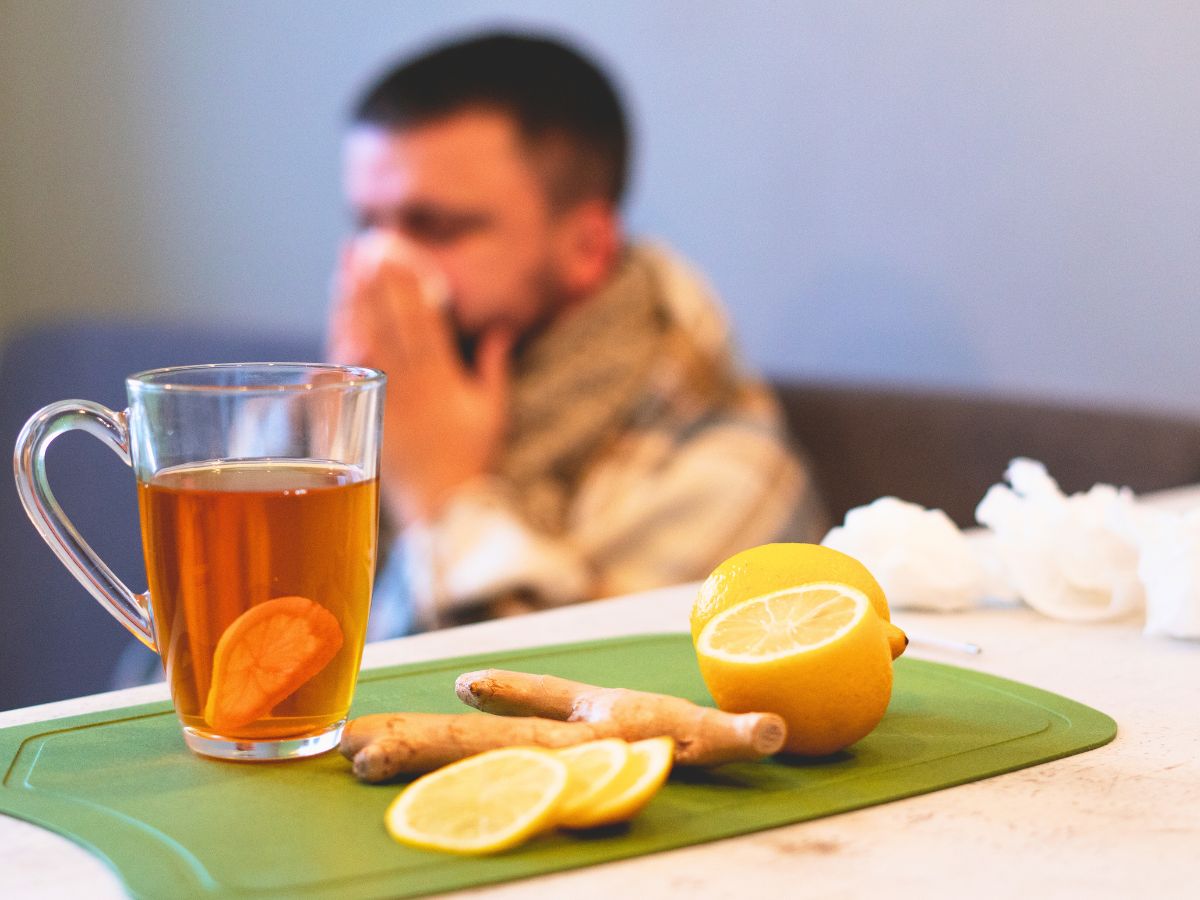
Do Natural Remedies Work?
Natural remedies like saline nasal rinses and local honey may provide some relief from pollen allergy symptoms. However, while they can be helpful in managing mild discomfort, they are not substitutes for professional medical care.
For persistent or severe symptoms, consulting a specialist is essential. At Penn Medicine Becker ENT & Allergy, we provide tailored treatment plans designed to offer lasting relief and improve your quality of life.
Get Help for Pollen Allergies in Philadelphia
Penn Medicine Becker ENT & Allergy’s specialists provide expert diagnostics and treatments for pollen allergies in Philadelphia. Schedule an appointment today for personalized solutions. Take control of your allergies and breathe easier!
Why Choose Becker ENT & Allergy for Pollen Allergy Treatment?

- Board-Certified Specialists: Our allergists are board-certified in Allergy and Immunology with years of clinical experience treating seasonal allergies.
- Trusted Medical Practice: Part of Penn Medicine, a nationally recognized health system known for high standards of care.
- Proven Diagnostic Methods: We use evidence-based skin and blood testing to accurately identify tree, grass, and weed pollen triggers.
- Tailored Treatments: Personalized care plans including medications and immunotherapy, guided by your unique allergy profile.
- Philadelphia Expertise: We understand how local pollen trends affect patients and adjust treatments seasonally.
- Family-Friendly Care: Expert allergy care for adults and children across 16 convenient locations in PA and NJ.

